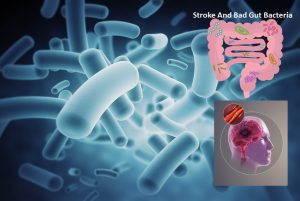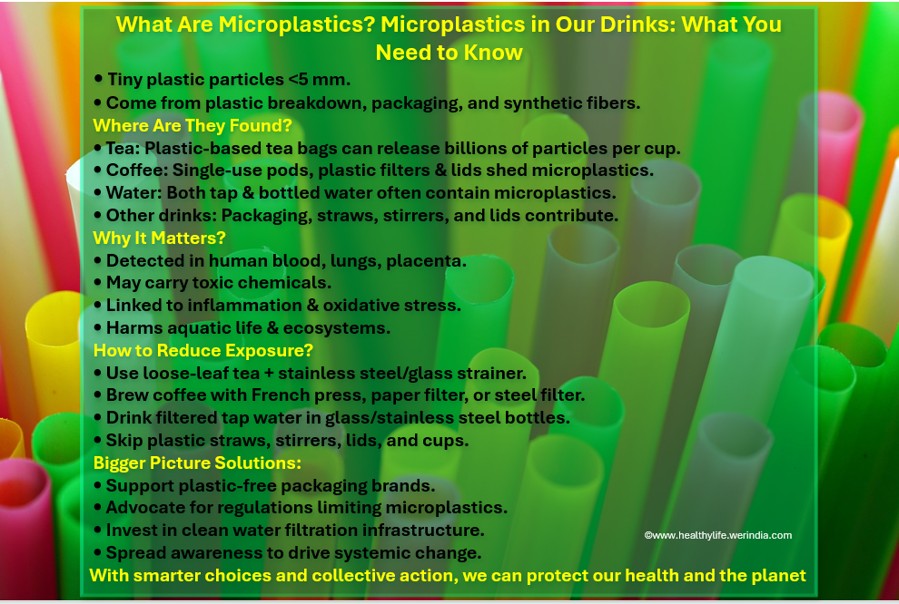
Role Of Various Foods And Nutrition In Eye Health
Nutrition plays a crucial role in maintaining good eye health and preventing vision problems. Eye health depends on our nutrition intake too, as specific nutrients can help maintain good vision, reduce the risk of eye diseases, and support overall eye health.
How do various foods play crucial role in our eye health?
1. Vitamin A:
- Role: Essential for maintaining a clear cornea, the outer covering of the eye, and preventing night blindness.
- Foods: Carrots, sweet potatoes, spinach, and kale.
2. Lutein and Zeaxanthin:
- Role: These antioxidants help protect the eyes from harmful blue light and reduce the risk of cataracts and age-related macular degeneration (AMD).
- Foods: Leafy green vegetables (spinach, kale, amaranthus, fenugreek or methi leaves), corn, and peas.
3. Omega-3 Fatty Acids (DHA & EPA):
- Role: Support the health of the retina and reduce the risk of dry eyes and Age related Macular degeneration.
- Foods: Flaxseeds, chia seeds, and walnuts.
4. Vitamin C:
- Role: A powerful antioxidant that helps maintain the health of blood vessels in the eyes and reduces the risk of cataracts.
- Foods: Oranges, strawberries, bell peppers, broccoli, and kiwi.
5. Vitamin E:
- Role: Protects eye cells from damage caused by free radicals and may reduce the risk of cataracts and AMD.
- Foods: Almonds, sunflower seeds, hazelnuts, and vegetable oils.
6. Zinc:
- Role: Helps transport vitamin A from the liver to the retina to produce melanin, a protective pigment in the eyes.
- Foods: Chickpeas, and pumpkin seeds.
7. Beta-Carotene:
- Role: A precursor to vitamin A, beta-carotene helps prevent vision loss and protect against eye diseases.
- Foods: Carrots, sweet potatoes, butternut squash, and dark leafy greens.
8. Anthocyanins:
- Role: These powerful antioxidants found in berries may help improve vision, reduce eye fatigue, and protect against glaucoma.
- Foods: Blueberries, blackberries, cherries, and grapes.
9. Bioflavonoids:
- Role: These plant compounds work with vitamin C to maintain healthy eyes and prevent cataracts and AMD.
- Foods: Citrus fruits, tea, red wine, and legumes.
10. Water:
- Role: Staying hydrated is important for eye health as it helps prevent dry eyes and maintains overall eye moisture.
- Source: Drink plenty of water throughout the day.
11. Curcumin:
- Role: Curcumin, the active compound found in turmeric, has gained attention for its potential benefits to eye health due to its powerful anti-inflammatory, antioxidant, and neuroprotective properties. Curcumin inhibits inflammatory pathways, including the NF-κB pathway, which is involved in eye diseases.
- Source: Turmeric root
Additional tips:
- Limit sugar and processed foods: High sugar levels can contribute to diabetic retinopathy and other eye issues.
- Moderate screen time: Reducing blue light exposure and taking regular breaks can help reduce digital eye strain.
Additional foods beneficial for eye health:
- Eggs: High in lutein, zeaxanthin, vitamin E, and zinc.
- Nuts and seeds: Good sources of vitamin E and omega-3 fatty acids.
- Legumes: Rich in zinc and bioflavonoids.
- Whole grains: Contain vitamin E, zinc, and bioflavonoids.
- Avocados: High in lutein and zeaxanthin, as well as vitamin E.
General tips for maintaining eye health:
- Eat a colorful diet: Include a variety of fruits and vegetables, especially leafy greens and bright-colored foods like carrots and peppers.
- Limit processed foods and sugars: These can contribute to conditions like diabetic retinopathy and increase the risk of cataracts.
- Protect your eyes: Wear sunglasses with UV protection and take breaks from screens to reduce eye strain.
- Stay hydrated: Keep your eyes lubricated to avoid dry eyes and irritation.
- Good sleep: Get good sleep to give relief from strain to eyes
A balanced, nutrient-rich diet is crucial for long-term eye health and can help prevent common age-related eye diseases.
Image credit: https://pxhere.com/en/photo/803371 (CC0 Public Domain)
Author: Sumana Rao | Posted on: October 25, 2024
« Tips To Prevent Charley Horse Or Calf Muscles Cramp Traction Alopecia -Tight Hairstyles Can Cause Hair Loss »






















Write a comment